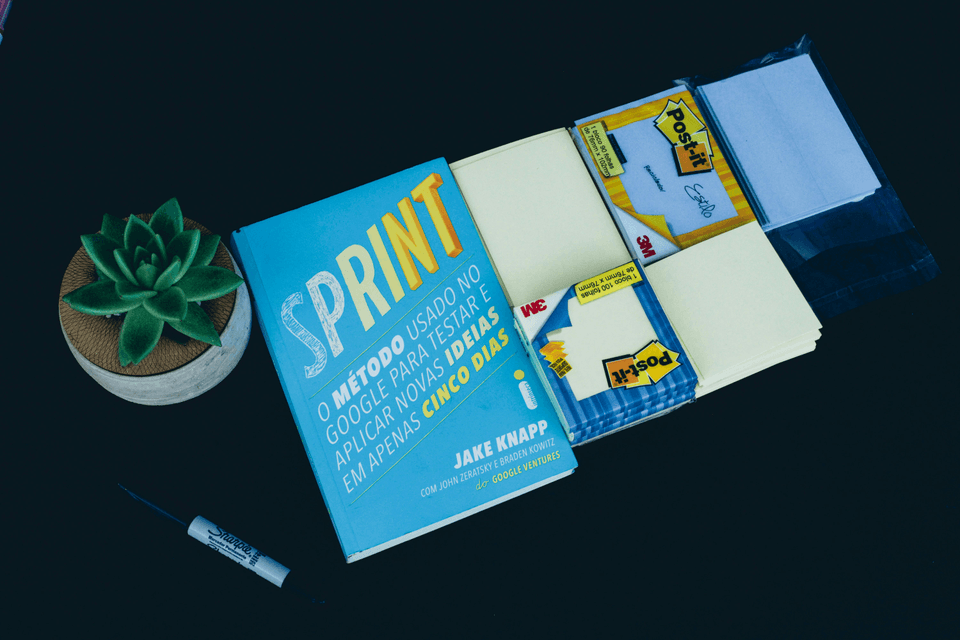Will Web Design Be Replaced By AI

The question of whether web design will be replaced by artificial intelligence (AI) is a complex and multifaceted one. While AI technology has made significant advancements in recent years, it is unlikely that AI will completely replace human web designers and developers anytime soon. The discussion around 'ai replace web' often highlights that AI is more likely to augment and change the roles of web professionals rather than entirely replace them.
One of the key reasons for this is the creative and artistic nature of web design. While AI can certainly assist in automating certain aspects of the design process, such as generating layouts or suggesting color schemes, it lacks the ability to think creatively or come up with truly original and innovative designs. Human designers bring a unique perspective and creativity to their work that is difficult for AI to replicate. The question of 'ai replace web designers' often emphasizes that AI cannot replicate the unique creativity, emotional intelligence, and nuanced understanding that human designers bring to their work.
Additionally, web design is not just about creating visually appealing websites, but also about understanding user needs and creating a seamless and intuitive user experience. This requires a deep understanding of human behavior and psychology, something that AI currently struggles to fully grasp. Human designers are able to empathize with users and tailor their designs to meet their specific needs and preferences in a way that AI cannot.
Furthermore, the role of a web designer goes beyond just creating a website. Designers also need to collaborate with clients, understand their business goals, and communicate effectively to bring their vision to life. This level of human interaction and communication is something that AI cannot replicate. Similarly, the evolving role of AI in the web development industry raises the question of 'ai replace web developers.' While AI accelerates processes and offers support, it is not positioned to completely take over the jobs of web developers, highlighting the importance of human insight and creativity alongside technological advancements.
That being said, AI can still play a valuable role in web design by automating repetitive tasks, analyzing data to inform design decisions, and optimizing user experiences based on user behavior. AI tools such as chatbots, personalization algorithms, and predictive analytics can enhance the web design process and improve efficiency.
In conclusion, while AI technology will continue to play an increasingly important role in web design, it is unlikely that AI will completely replace human designers. The creative and human-centric aspects of web design require a level of empathy, intuition, and creativity that AI currently lacks. Human designers will continue to bring a unique perspective and value to the design process that cannot be replicated by AI.
Introduction
The rise of Artificial Intelligence (AI) has sparked concerns about job replacement in various industries, including web development and design. However, the truth is that AI is not here to replace human web developers and designers, but rather to augment their capabilities and enhance their work. In this article, we will explore the role of AI in web design and development, its limitations, and the future of web development with AI.
The Rise of AI in Web Design
AI has revolutionized the web design industry by automating repetitive tasks, improving user experiences, and generating code. AI-powered web design tools have emerged to assist and enhance human-driven web design. Examples of AI-powered web design tools include UserTesting’s Sentiment Analysis, Hotjar, and Akkio. These tools leverage machine learning to analyze user data and provide insights for designers. AI-powered user research and testing tools can analyze open-ended survey responses to identify themes and user needs. Platforms like Hotjar offer AI-assisted analysis, and tools like Akkio enable marketers and web designers to run tests and predict future outcomes.
The Role of AI in Web Development
AI plays a crucial role in accelerating web development, enabling faster, more efficient, and more productive processes. AI tools like ChatGPT and other AI-driven solutions are already being used in web development. The AI sector is predicted to expand to a $126 billion market by 2025. Businesses are recognizing the need to embrace artificial intelligence in web development. AI can automate tasks, personalize experiences, and boost productivity. Collaborating with AI helps web developers unleash its full potential and achieve optimal results. AI can assist with tasks like code completion, debugging, and testing.
Limitations of AI in Web Design and Development
While AI has made significant advancements in web design and development, it still has limitations. AI lacks human creativity, empathy, and design intuition. AI algorithms struggle to replicate human creativity and imagination. Emotional intelligence and user empathy are essential for human designers, which AI currently lacks. AI can analyze data and recognize patterns, but it struggles to create something completely original. Human designers bring a unique mix of creativity, empathy, and intuition to every project. AI can’t truly understand the emotional depth and originality that a creative person brings to the table.
The Future of Web Development with AI
The future of web development lies in a symbiotic relationship between humans and AI, where collaboration enhances efficiency and innovation. Human developers have a natural talent for adding creativity, intuition, and a deep grasp of complicated ideas to the mix. AI’s role is seen as a complementary tool to enhance efficiency rather than a replacement for the unique skills of human developers. The statistics and examples showcase that AI is not replacing web developers but rather reshaping the landscape, creating new roles, and emphasizing the importance of uniquely human skills and traits. Web developers should broaden their skill sets beyond just programming languages, having a foundational knowledge of Artificial Intelligence (AI) and Machine Learning (ML) is crucial.